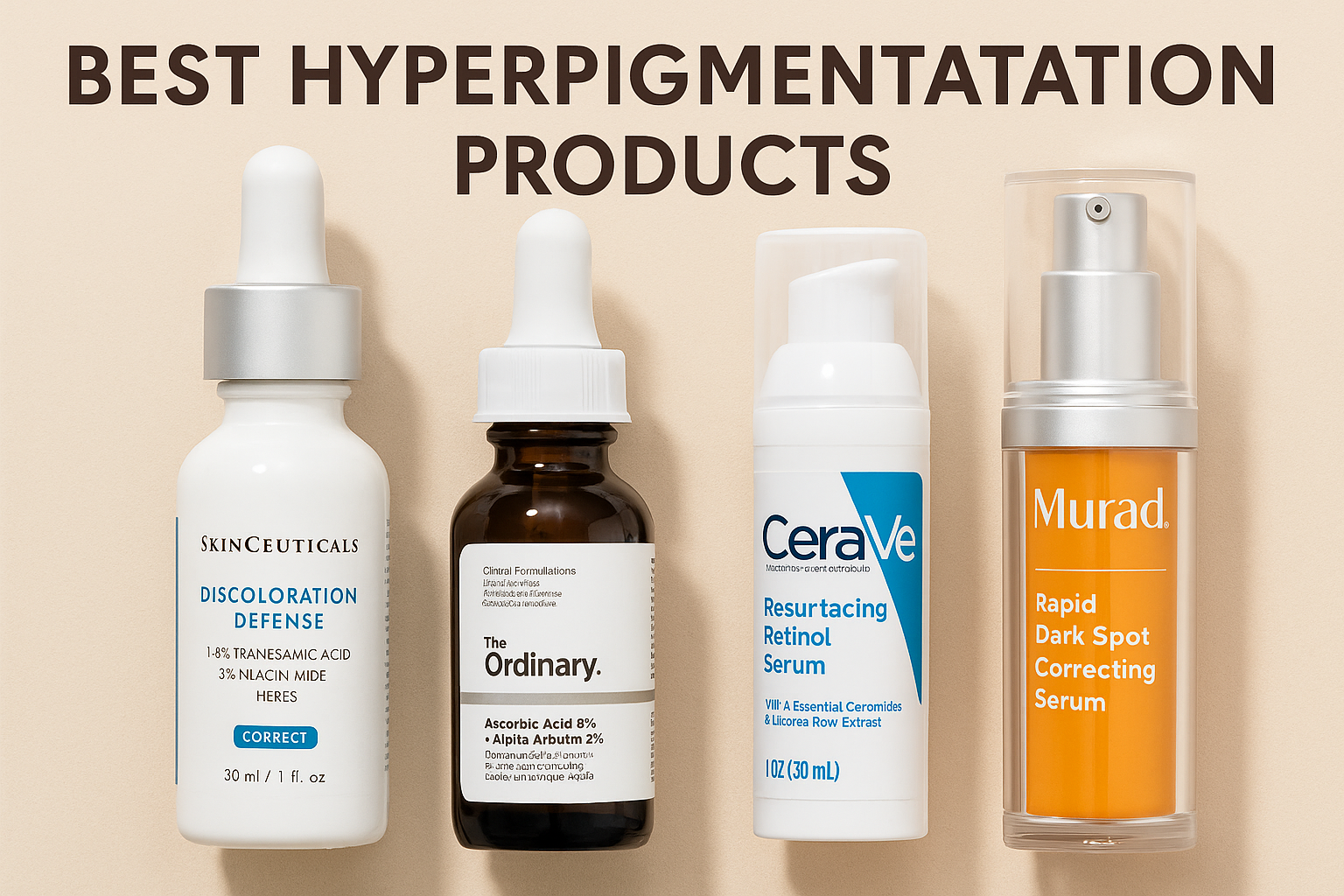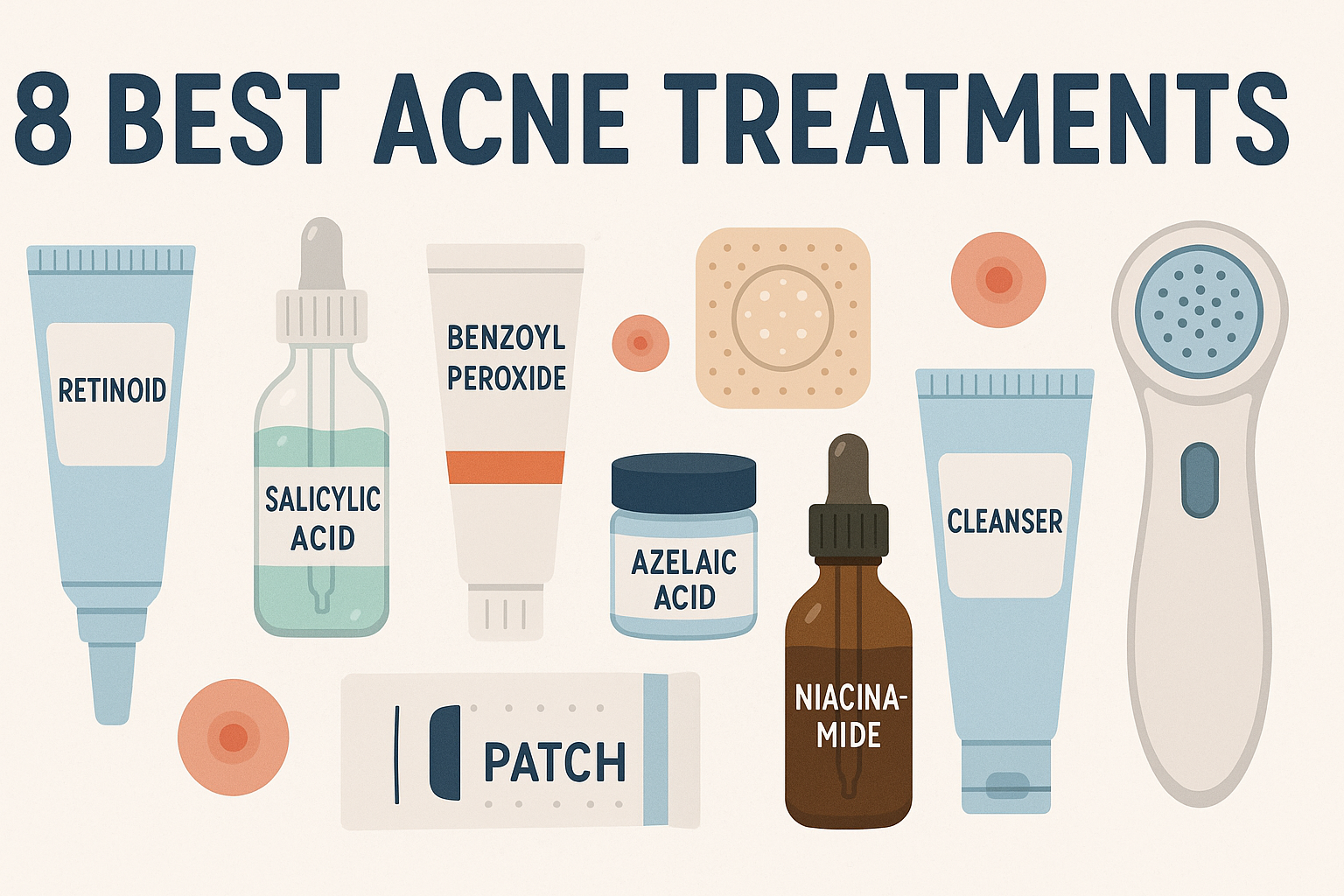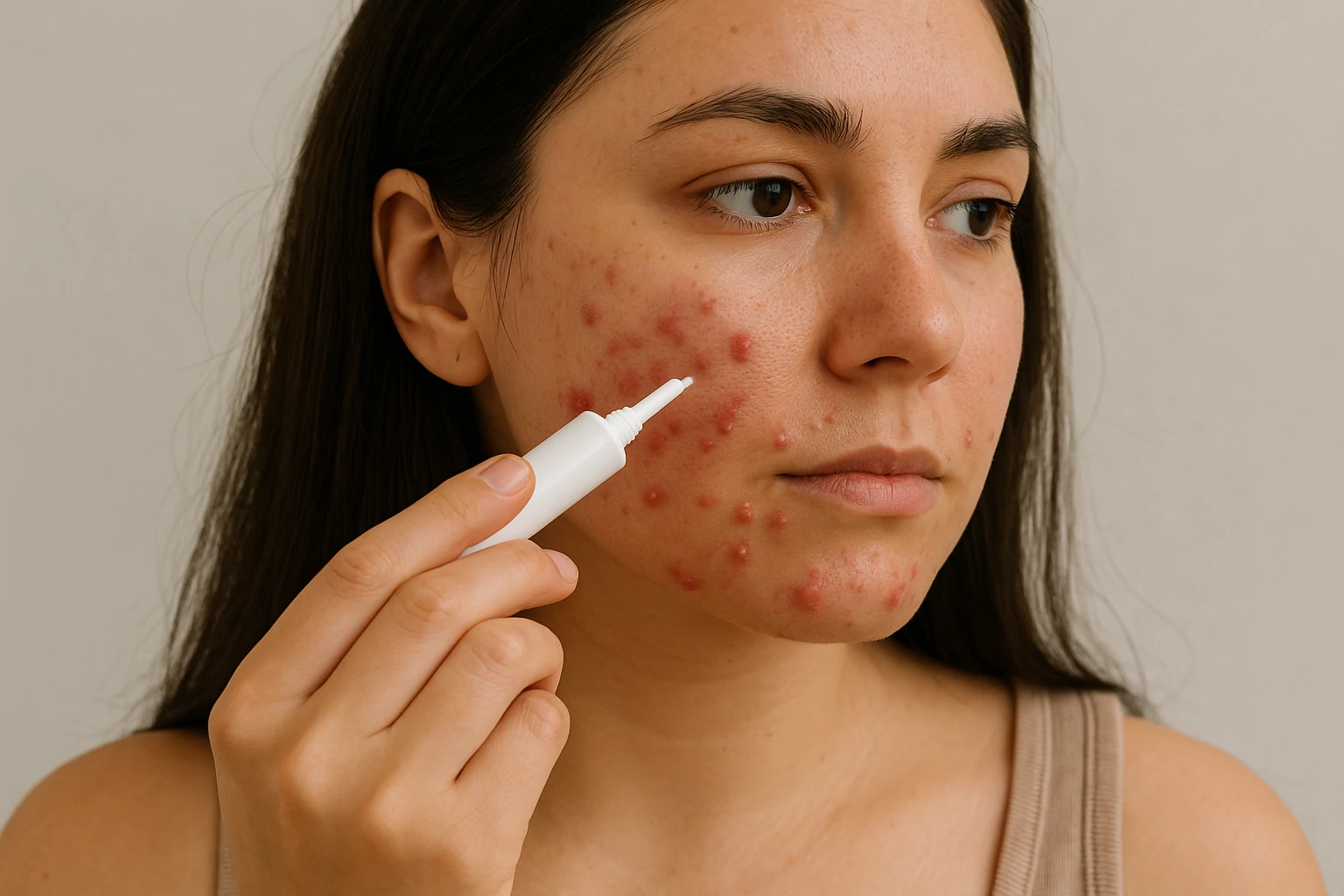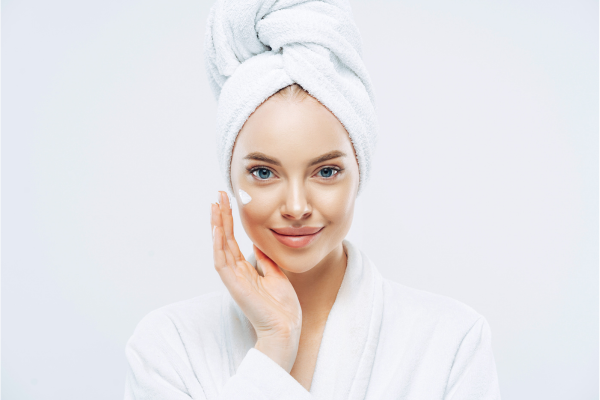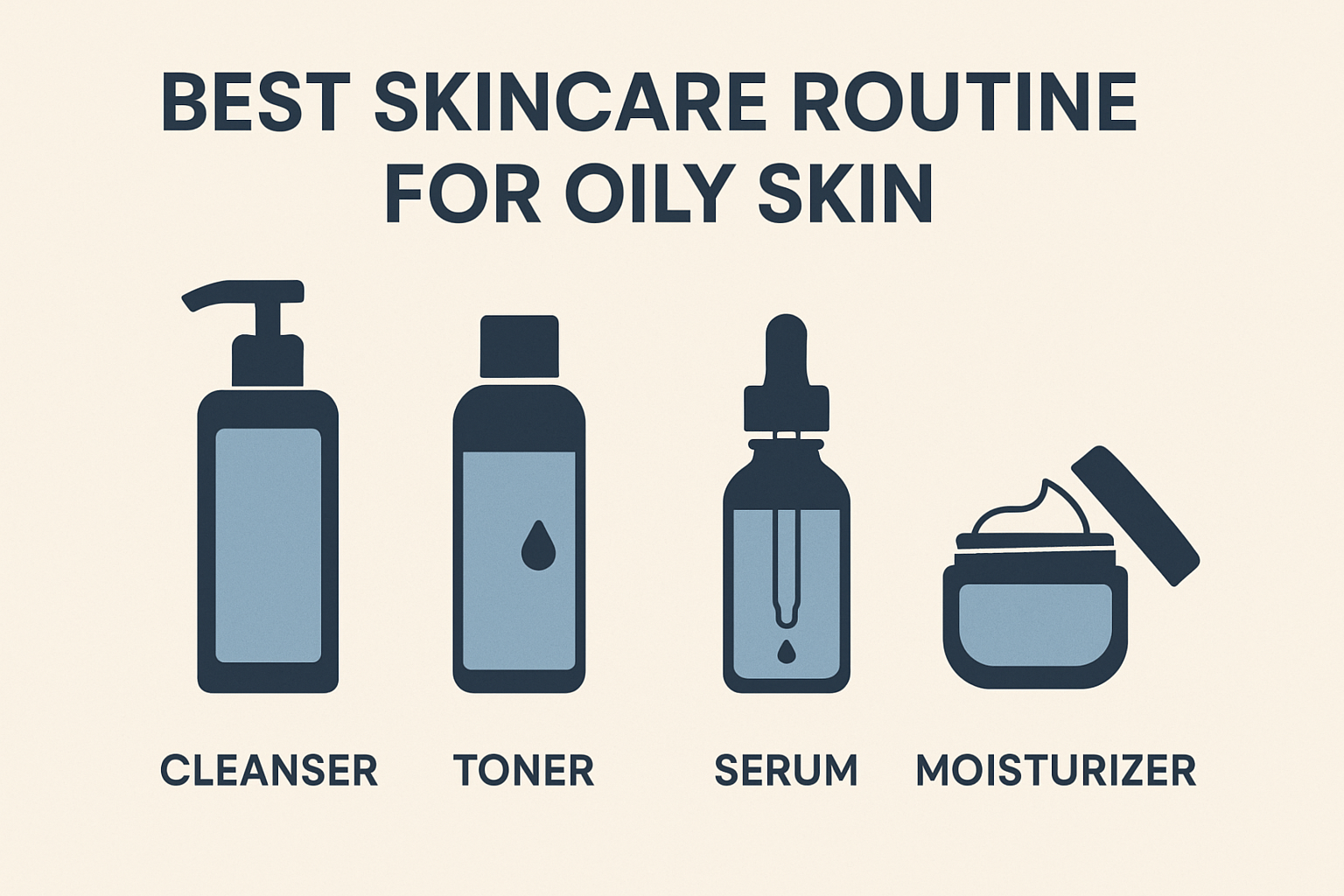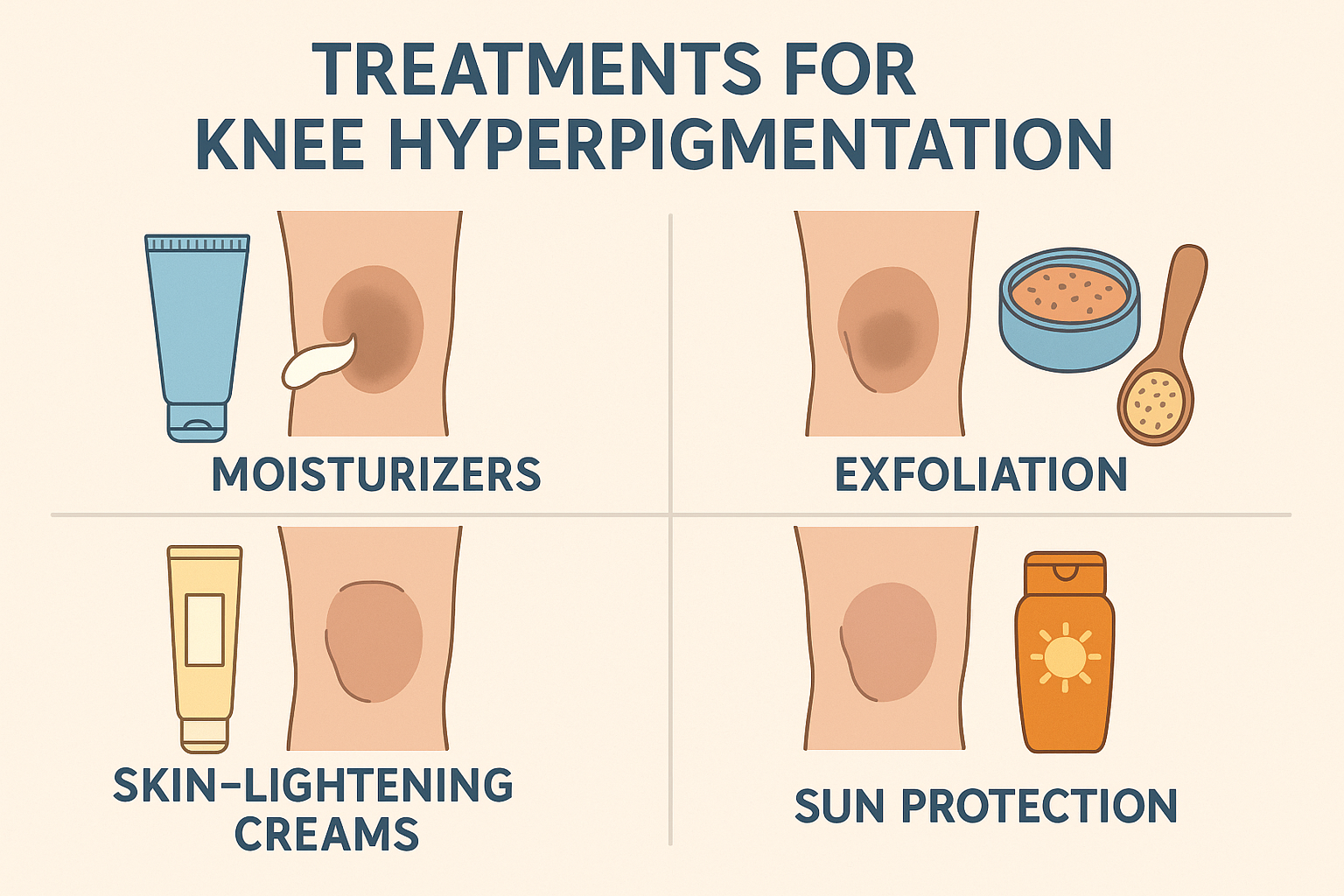Top 8 Ingredients to Avoid for Sensitive Skin – Backed by Dermatologists

Choosing skincare products is a complex process, especially for individuals with sensitive skin. Sensitive skin is characterized by high reactivity to environmental factors and certain chemicals in topical products, which can trigger responses such as redness, burning, itching, or irritation. This condition makes the search for safe and effective products more challenging, as formulas that are commonly recommended or effective for some may not be suitable for sensitive skin.
Active ingredients such as synthetic fragrances, alcohol, or certain preservatives are often the main causes of irritation. Therefore, having a deep understanding of a product’s composition is crucial. Educating oneself about ingredients that may trigger negative reactions is a strategic first step to avoid further skin damage.
To obtain accurate and reliable information, a dermatology-based approach is key. Therefore, we consulted with certified dermatologists to identify ingredients that should be avoided by those with sensitive skin. This article presents the findings from those interviews to help consumers make safer skincare decisions that align with the unique characteristics of sensitive skin.
What Is Sensitive Skin?
Sensitive skin is a broad term that refers to a skin condition with a high reactivity to various stimuli, including environmental factors, topical products, food, and lifestyle, as explained by Deanne Mraz, MD, a certified dermatologist. Skin with high sensitivity is more prone to issues such as atopic dermatitis and irritation caused by dysfunction of the skin’s protective barrier. These disturbances reduce the skin’s ability to retain moisture and increase the penetration of irritants, which then triggers inflammation. The main focus in managing sensitive skin is restoring the skin’s protective function, reducing inflammation, and preventing exacerbation from triggering factors.
It is important to distinguish between sensitive skin and skin experiencing acute irritation. Blair Murphy-Rose, MD, also a certified dermatologist, emphasizes that irritated skin is an acute inflammatory condition that can affect anyone, including those without a history of sensitive skin. Irritation can be triggered by external factors such as pollution, harsh active ingredients, excessive exfoliation, or abrasive cosmetic procedures. Therefore, recognizing this basic difference is crucial to ensure that the skincare strategies used are appropriate and do not worsen the skin’s condition.
Ingredients to Avoid for Sensitive Skin
Fragrances
In dermatology, fragrance is known to be one of the most common triggers for reactions in individuals with sensitive skin. Brendan Camp, MD states that while fragrances are added to enhance the sensory experience of users, they are a common cause of skin irritation, including allergic contact dermatitis—an immune response triggered by exposure to specific allergens on the skin.
Fragrances consist of a complex blend of chemicals, including both natural and synthetic compounds, which can disrupt the integrity of the skin barrier and trigger inflammation. In sensitive skin, where the epidermal protective barrier is already compromised or weakened, the likelihood of such reactions is significantly increased.
It is important to differentiate between “fragrance-free” and “unscented” products. Fragrance-free products contain no fragrance ingredients, while unscented products may contain masking agents that neutralize odors, which can still cause irritation. Therefore, individuals with high skin sensitivity are advised to choose products that are explicitly fragrance-free to minimize the risk of unwanted dermatological reactions.
Alcohol
The use of alcohol in skincare formulations is common, but not all types of alcohol offer the same benefits. Simple alcohols such as ethanol, denatured alcohol, and isopropyl alcohol are often used as solvents or drying agents due to their ability to speed up evaporation and enhance the penetration of active ingredients into the skin. However, according to certified dermatologist Divya Shokeen, MD, these types of alcohol can compromise the integrity of the skin barrier.
Repeated exposure to these alcohols can strip away the skin’s natural lipids, which act as a protective barrier against transepidermal water loss (TEWL). As a result, the skin can become dry, sensitive, and more prone to irritation and inflammation. This is especially problematic for individuals with sensitive skin or dermatological conditions such as atopic dermatitis.
In contrast, fatty alcohols like cetyl alcohol and stearyl alcohol—derived from natural sources such as coconut or palm oil—are emollient and help nourish and soften the skin. Therefore, it’s important for consumers to distinguish between different types of alcohol listed in product ingredients. As a gentler alternative, it is recommended to use toners containing humectants like glycerin or hyaluronic acid, which help maintain skin hydration without compromising the protective barrier.
Sulfates
Sulfates are a type of surfactant commonly used in skincare cleansers, such as soaps and facial washes, due to their ability to create rich foam and effectively remove oil and dirt. However, according to dermatologist Divya Shokeen, MD, while sulfates—such as sodium lauryl sulfate (SLS) and sodium laureth sulfate (SLES)—are effective cleansing agents, they can be overly harsh, especially for individuals with sensitive skin.
Sulfates work by emulsifying oils and debris on the skin’s surface, but in the process, they can also strip away the skin’s natural lipids that form the protective barrier. The loss of these lipids leads to increased transepidermal water loss (TEWL), ultimately resulting in dryness, irritation, and inflammation.
Certified esthetician Patricia Pol explains that sulfates can be identified on ingredient labels as SLS or SLES. As a gentler and more skin-friendly alternative, it is recommended to choose cleansers that use non-sulfate surfactants such as sodium lauroyl glutamate or cocamidopropyl betaine. These ingredients are not only more suitable for sensitive skin, but are also biodegradable, making them a more environmentally conscious choice.
Essential Oils
Essential oils, such as tea tree oil and lavender oil, are aromatic compounds extracted from plants through processes like distillation or cold pressing. While they are widely known for their antimicrobial and anti-inflammatory properties, their use in skincare is not always safe—especially for individuals with sensitive skin. According to Dr. Divya Shokeen, despite the therapeutic benefits often promoted, the concentrated nature of essential oils can actually lead to adverse reactions such as irritation, allergic contact dermatitis, or even long-term skin sensitization.
Dr. Deanne Mraz adds that essential oils also function as natural fragrances in skincare formulations—and like synthetic fragrances, they are common triggers for irritation. This is due to the volatile components in essential oils that can penetrate the skin barrier and activate immune responses, particularly when used without proper dilution.
Because of their potential to cause reactions, it is important to perform a patch test before use. The principle that “natural is safer” does not always apply in dermatology, making evidence-based product selection and individual consideration essential for safe and effective skincare.
Retinols and Retinoids
Retinol and retinoids are vitamin A derivatives that have been scientifically proven to accelerate skin cell turnover, stimulate collagen production, and reduce signs of aging and acne. However, according to dermatologist Brendan Camp, MD, these compounds are also among the most common active ingredients to cause skin irritation, especially when used incorrectly. Reactions such as redness, peeling, and a burning sensation are known as retinoid dermatitis—a form of irritant contact dermatitis triggered by the biological activity of retinoids on the epidermis.
The main issue lies in how they are used. Starting with frequent application, using high concentrations, or applying them to skin that hasn’t been properly conditioned can intensify irritation. While many people are able to adjust over time through a gradual approach (known as retinization), some individuals remain unable to tolerate retinoids consistently.
As an alternative, Camp recommends bakuchiol—a plant-based active ingredient that offers similar anti-aging benefits without the harsh side effects. Early studies suggest that bakuchiol works through a mechanism similar to retinol but in a gentler way, making it an ideal option for those with sensitive skin or intolerance to retinoids.
Benzoyl Peroxide
Benzoyl peroxide is a topical antimicrobial agent that has long been used in acne treatment due to its ability to kill Cutibacterium acnes—the primary bacteria responsible for acne-related inflammation. It also has mild keratolytic effects, helping to speed up the shedding of dead skin cells and prevent clogged pores. However, despite its effectiveness, benzoyl peroxide carries a risk of irritation, particularly for individuals with sensitive skin.
According to certified esthetician Patricia Pol, benzoyl peroxide can cause dryness, peeling, redness, or even irritant contact dermatitis if overused or applied without a gradual introduction. Repeated reactions like these can worsen the skin’s appearance, leading to post-inflammatory marks or increased sensitivity.
For individuals who cannot tolerate benzoyl peroxide, zinc-based products such as zinc oxide or zinc PCA may offer a gentler alternative. Zinc has mild anti-inflammatory and antibacterial properties that can help manage acne without disrupting the skin’s natural balance. Therefore, choosing active ingredients should be based on individual skin tolerance to avoid a counterproductive cycle of irritation.
AHAs and BHAs
AHAs (Alpha-Hydroxy Acids) and BHAs (Beta-Hydroxy Acids) are chemical exfoliants that work by loosening the bonds between dead skin cells in the stratum corneum, thereby accelerating the process of desquamation or skin cell turnover. AHAs, such as glycolic acid and lactic acid, are water-soluble and effective for improving skin hydration and texture. BHAs, such as salicylic acid, are oil-soluble and can penetrate into pores, making them ideal for acne-prone skin.
However, due to their active nature, AHAs and BHAs can cause irritation—particularly in individuals with a weakened skin barrier or sensitive skin. Common reactions include redness, stinging, and increased sensitivity to sunlight.
Certified esthetician Patricia Pol recommends gentler alternatives such as fruit-based enzymes (like pumpkin and pineapple), which break down proteins on the skin’s surface without causing abrasion. Gentle physical scrubs made from ingredients like jojoba beads or rice powder can also be an option. Additionally, PHAs (Polyhydroxy Acids), such as gluconolactone, offer mild exfoliation while also providing hydration, making them more suitable for reactive or sensitive skin types.
Parabens
Parabens are a group of chemical compounds commonly used as preservatives in skincare and cosmetic products. Their main function is to prevent the growth of microorganisms such as bacteria and fungi, thereby extending the product’s shelf life. This group includes ingredients like methylparaben, ethylparaben, propylparaben, and butylparaben, which are widely regarded as effective and cost-efficient.
However, despite their widespread use, parabens can trigger negative reactions, particularly in individuals with sensitive skin or chronic inflammatory conditions such as atopic dermatitis and eczema. In such cases, exposure to parabens may provoke or worsen skin irritation due to their allergenic potential.
Moreover, parabens are classified as endocrine-disrupting chemicals (EDCs), meaning they can interfere with the body’s hormonal system. Parabens can mimic estrogen by binding to estrogen receptors, potentially affecting reproductive health, endocrine function, and overall hormonal balance.
As a result, it is advisable to choose products labeled “paraben-free,” especially for topical items like lotions and cosmetics. Being aware of the presence of parabens in product formulations is important from both dermatological and endocrinological perspectives.




 Acne
Acne Anti-Aging
Anti-Aging Business
Business Digital Marketing
Digital Marketing Economics
Economics Exfoliation
Exfoliation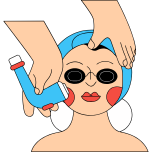 Hair Removal
Hair Removal Movies
Movies Personal Finance
Personal Finance Websites
Websites
